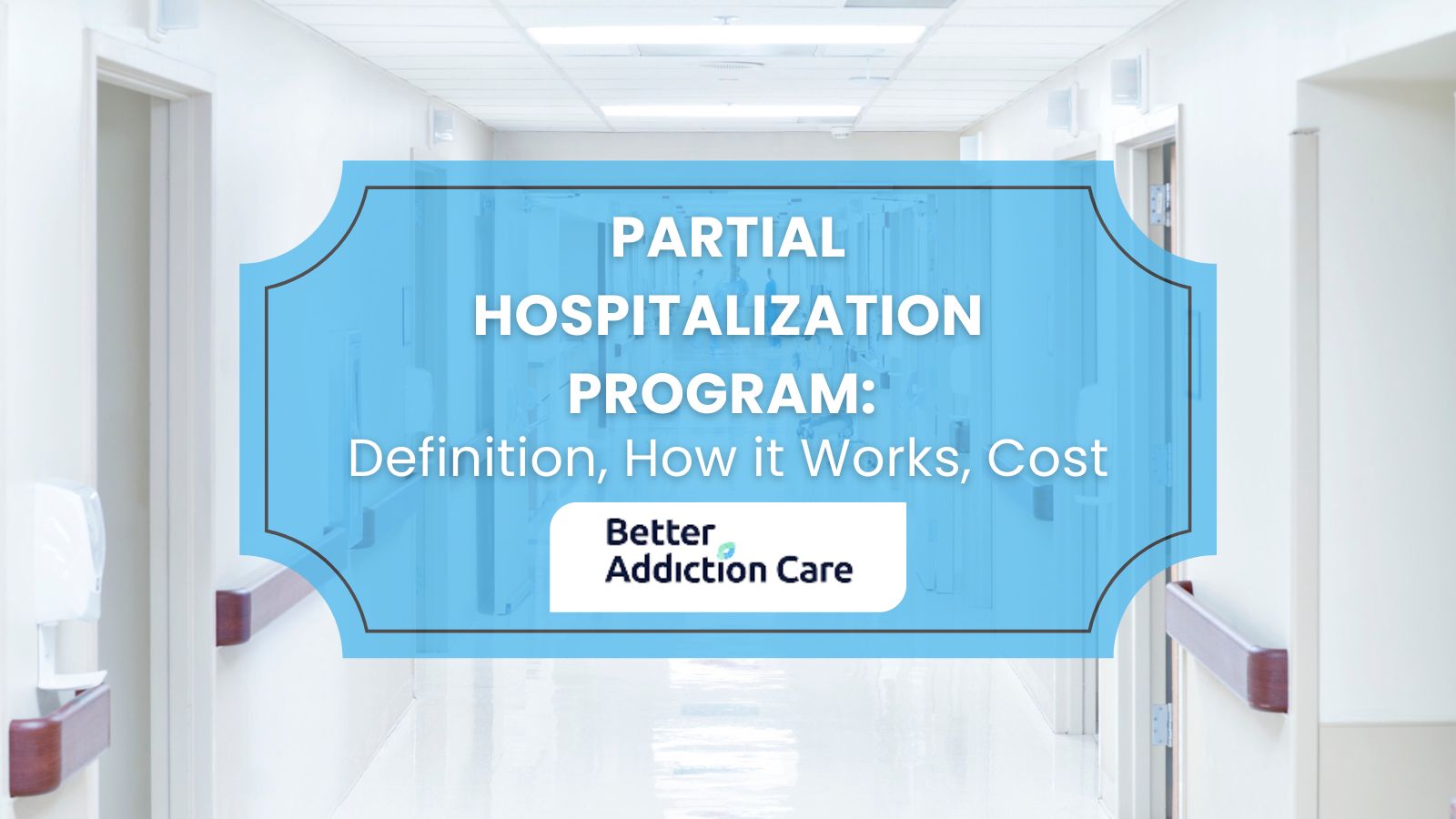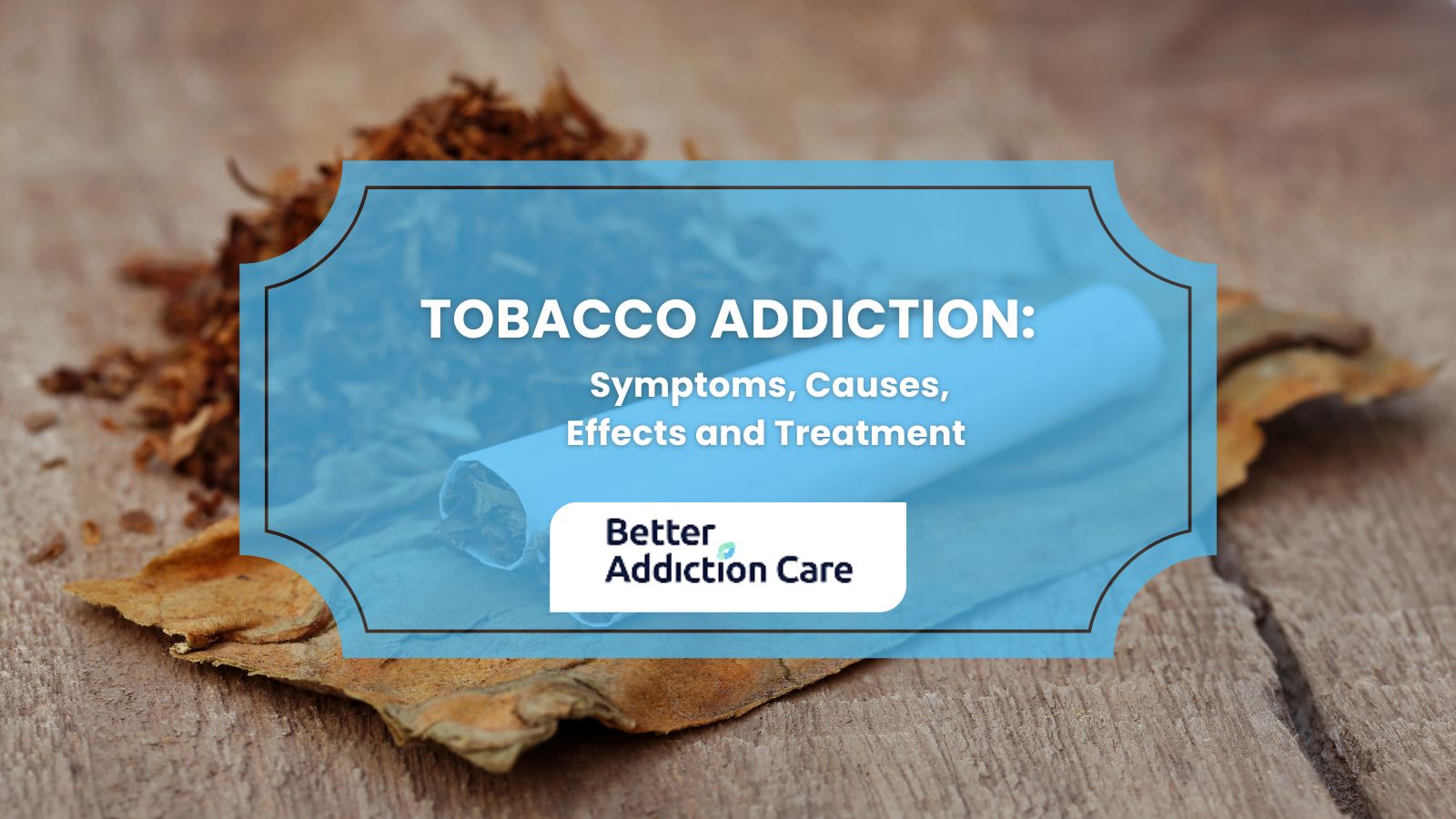374 Best Alcohol and Drug Rehabs in New York 2025
New York has 374+ drug rehab centers dedicated to helping individuals overcome addiction and reclaim their lives. Our directory provides a curated list of inpatient and outpatient facilities, detox centers, and medication-assisted treatment (MAT) programs to meet diverse recovery needs.
Find and compare treatment options, locations, and specialized services to choose the right path for you or your loved one. Whether you’re seeking medical detox, therapy-based programs, or long-term recovery solutions, this resource connects you with trusted providers in New York.
Browse the listings below to explore accredited addiction treatment centers near you and take the first step toward lasting recovery.
374 Treatment Centers in New York, US

7.35

7.47

7.55

7.75

7.39

7.99

7.00

7.81

7.86

6.91

7.52

7.55

7.96

6.97

7.84

7.55

7.49

7.45

7.52

7.41

7.12

7.52

7.52

7.57

7.55

7.75

7.63

7.62

6.69

6.85

7.93

6.79

7.81

7.43

7.72

7.07

7.37

7.51

7.59

7.23

6.71

6.89

7.23

7.63

7.14

7.14

6.71

7.20

6.65

7.30
Substance abuse and Mental Health facilities Report for New York
22nd
Cheapest To Most Expensive State Rank
998
Substance Abuse Facilities
1,13,028
Number of Patients Annually
1,04,280
Annual Enrollments
$177M
Spent on Outpatient Services (Million)
$1,706.00
Avg Outpatient Rehab Cost
7,109
Residential Admissions
$402M
Spent on Residential Treatment (Million)
$56,653.00
Residential Rehab Pay (Up To)
1,639
Total Patients
5
Free Drug Rehab Facilities
Alcoholism, Drug Abuse, Mental Health, and Treatment in New York

What are the main addictions people in New York suffer from?
The main addictions people in New York suffer from include:
- Alcohol Addiction: 867,000 of individuals aged 12 or older, equating to t 5.2% people have alcohol addiction. 595,000 (68.6%) Men are more likely to experience AUD than 272,000 (31%) women.
- Marijuana Addiction: 297,000 of individuals aged 12 or older, 1.8% people have marijuana addiction. 159,000 (53.5%) Men are more likely to experience marijuana addiction than 138,000 (46.4%) women.
- Opioid Addiction: 87,000 of individuals aged 12 or older, totaling 0.5% people have Opioid Addiction. 55,000 (63%) Men are more likely to experience OUD than 32,000 (36%) women.
- Cocaine Addiction: 117,000 of individuals aged 12 or older, equating to 0.7% people. 89,000 (76%) Men are more likely to experience cocaine addiction than 28,000 23.9(%) women.
- Tobacco Addiction: 3.9 million of individuals aged 12 or older, 23.5% people. 1,990,000 (51%) Men are more likely to use tobacco than 1,910,000 (49%) women.

What is the cost of rehab centers in New York?
The cost of rehab centers in New York is $56,653 for a 30-day program. Inpatient programs, which offer 24-hour care, exceed $60,000 for a similar duration, while outpatient programs are generally more affordable, with average costs ranging from $5,000 to $10,000 for a 30-day program.

The cost of rehab centers in New York vary significantly depending on the type of addiction being treated. For example, opioid addiction often involves medication-assisted therapy, which increases costs by around 20%, raising the total to $67,984. Alcohol addiction, requiring extended detoxification periods, increases costs by 15%, resulting in $65,151. Cocaine addiction, involving intensive therapy sessions, add 10%, bringing the total to $62,318.
The median household income in New York is $81,759, meaning the cost of rehab centers of $56,653 represents about 69% of an annual income, indicating a substantial financial burden for many families. The cost of rehab centers in New York further varies based on the type of facility, with luxury rehab centers offering premium amenities at higher prices.
What is the cost of LGBTQ+ rehab centers in New York?
The cost of LGBTQ+ rehab centers in New York is $55,500 for a 30-day program. Inpatient programs, which offer 24-hour care, exceed $60,000 for a similar duration, while outpatient programs are generally more affordable, with average costs ranging from $5,000 to $10,000 for a 30-day program.
The cost of LGBTQ+ rehab centers in New York vary significantly depending on the type of addiction being treated. For example, opioid addiction often involves medication-assisted therapy, which increases costs by around 20%, raising the total to $67,984. Alcohol addiction, requiring extended detoxification periods, increases costs by 15%, resulting in $65,151. Cocaine addiction, involving intensive therapy sessions, add 10%, bringing the total to $62,318.
The median household income in New York is $81,759, meaning the cost of LGBTQ+ rehab centers of $55,500 represents 67.8% of an annual income, indicating a substantial financial burden for many families. The cost of LGBTQ+ rehab centers in New York further varies based on the type of facility, with luxury rehab centers offering premium amenities at higher prices.
What is the cost of Faith-Based rehab centers in New York?
The cost of Faith-Based rehab centers in New York is $56,000 for a 30-day program. Inpatient programs, which offer 24-hour care, exceed $60,000 for a similar duration, while outpatient programs are generally more affordable, with average costs ranging from $5,000 to $10,000 for a 30-day program.
The cost of Faith-Based rehab centers in New York vary significantly depending on the type of addiction being treated. For example, opioid addiction often involves medication-assisted therapy, which increases costs by around 20%, raising the total to $67,984. Alcohol addiction, requiring extended detoxification periods, increases costs by 15%, resulting in about $65,151. Cocaine addiction, involving intensive therapy sessions, add around 10%, bringing the total to $62,318.
The median household income in New York is $81,759, meaning the cost of Faith-Based rehab centers of $56,000 represents 68% of an annual income, indicating a substantial financial burden for many families. The cost of Faith-Based rehab centers in New York further varies based on the type of facility, with luxury rehab centers offering premium amenities at higher prices.
Local Rehabs in New York
Common Questions About Rehab in New York
Take a look at our FAQ. We've tried to fill it with all the answers you're looking for. And if not, contact us on (888) 349-0436.
The average total cost of rehab in the state of New York is $56.653. Moreover, daily fees without insurance can ascend to $629.48. Having insurance can significantly reduce the daily costs of inpatient rehab to $251.79 and $125.90 if the insurance company covers 60% and 80%, respectively.
Detoxification is an important part of most rehab programs. Although it is not painful at all, it can be very challenging in cases of severe addiction, where individuals tend to experience drug withdrawal symptoms.
The short answer is: No. Rehabilitation is the process in which you get to decrease or quit the consumption of illegal substances under the supervision of healthcare professionals who will guide you through every step of the way.





